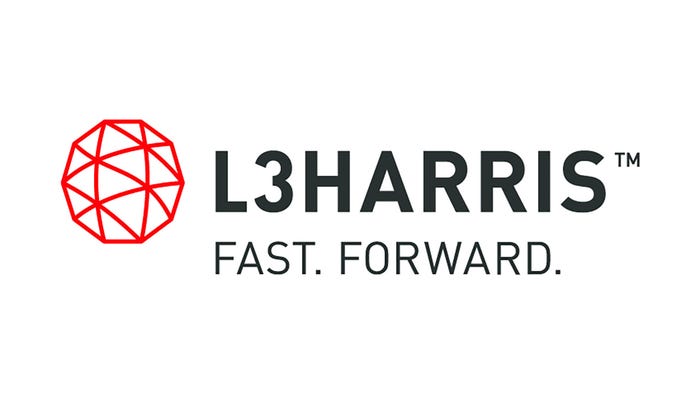Why telecommunication companies face unique data-security risksWhy telecommunication companies face unique data-security risks
November 11, 2024

The recent AT&T data breach highlighted a critical data vulnerability: Even data that appears anonymized can be exposed when combined with other datasets. This demonstrated the implications of a systemic challenge for telecom companies—that of managing vast amounts of data across fragmented systems while defending against increasingly sophisticated cyber threats.
Telecoms is one of several industries that handle the largest share of big data and operators face unique challenges due to the sprawling and complex nature of their data ecosystems. Telcos have some of the widest variety of infrastructure, including the usual IT infrastructure such as databases, servers and data warehouses, but additionally cell towers, antennae, base stations, set-top boxes and cell phones. Additionally, legacy systems, mergers and acquisitions often create data silos, making it difficult to achieve and maintain unified visibility into critical data.
This significant complexity is unique to this sector and fragmented systems have gaps that can expose sensitive information. Data breaches of customer confidential information are not only a business challenge in addressing regulatory response and future compliance but ultimately erode customer trust and the company’s reputation.
Risks of Fragmented Data Management
Fragmented data management makes it difficult to put in place a rigorous data governance strategy and data silos, disconnected data and unstructured data are common in telcos. Without unified visibility, telecom companies can struggle to track where sensitive information is held and ensure proper protections for authorized access, cybersecurity and compliance are in place.
To mitigate these risks, consolidating systems is essential. Streamlining infrastructure reduces inefficiencies and ensures consistent application of security measures across all environments. Having a unified approach and good data hygiene is critical to ensure best practices, mitigate risks and improve operational efficiencies.
Data Governance: A Critical Layer of Security
Traditional cybersecurity which focuses on perimeter and systems protections is no longer enough as companies today handle increasingly vast amounts of sensitive data. Proactive data governance provides an essential layer of protection by ensuring that sensitive information—especially personally identifiable information (PII)—is properly classified, managed, and secured. By implementing strong governance frameworks, telecom companies can better control data access, monitor usage and ensure compliance with regulations like GDPR and CCPA.
To read the complete article, visit IoT World Today.



